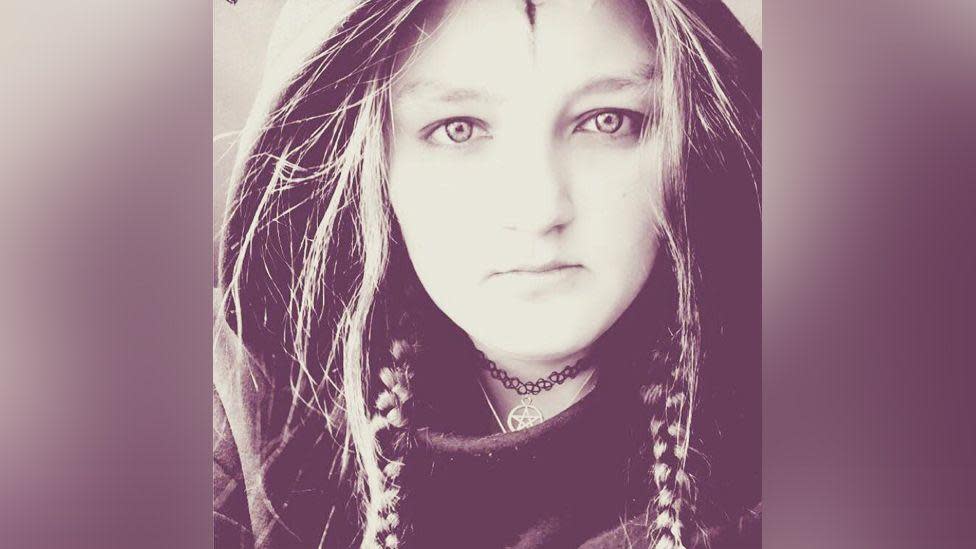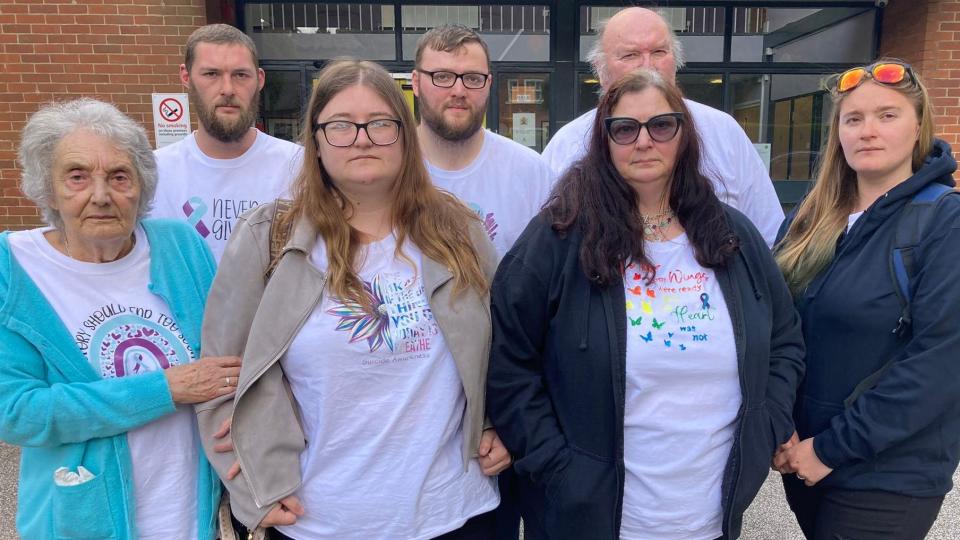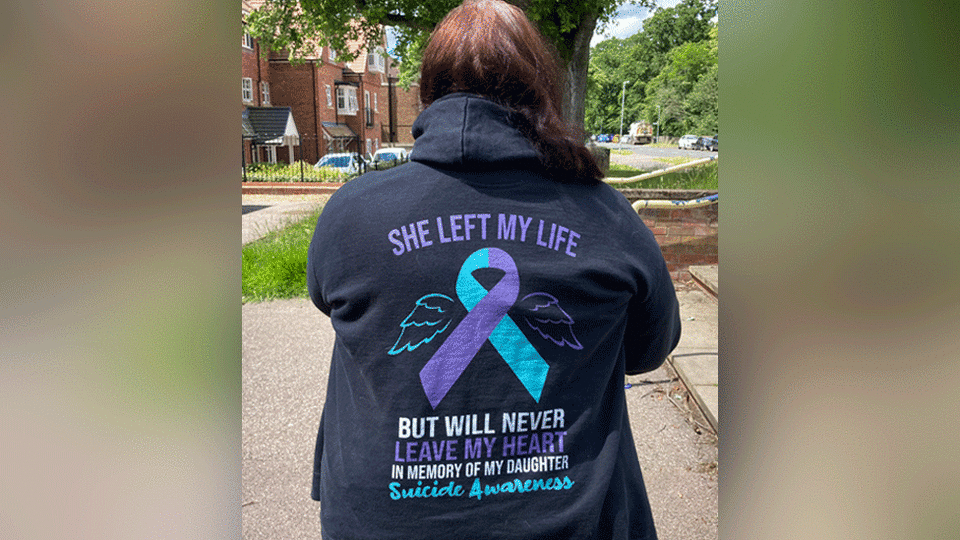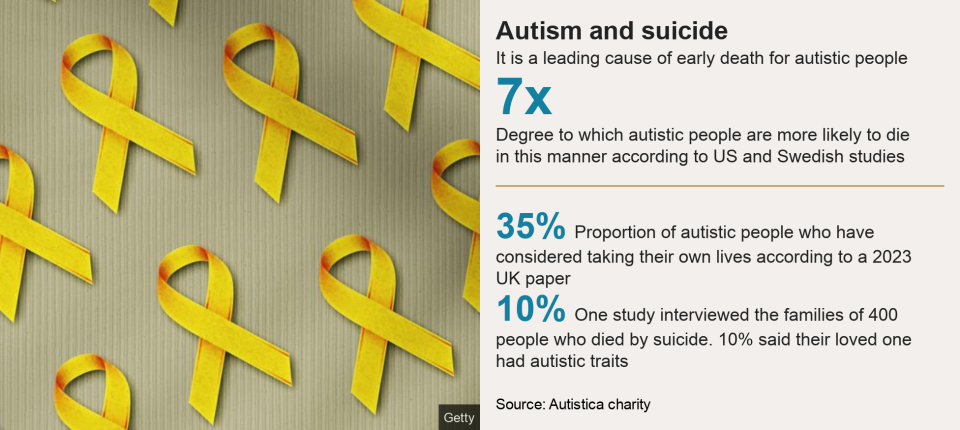Suicidal woman repeatedly called funeral firms

An NHS mental health trust has apologised after a woman in its care took her own life after repeatedly calling funeral directors telling them she was planning to kill herself.
Katie Stonebridge, 27, also told staff at the East London Foundation Trust (ELFT) she would not live to see her next birthday, before she was found dead at her flat in Bedfordshire in November.
The coroner has highlighted gaps in services for autistic people.
ELFT said it had put new safeguards in place to protect patients.
Katie's mother Julie Stonebridge said her daughter had felt "overwhelmed" by the number of different staff and services who had been in contact in the months before her death.
Katie, who was also diagnosed with emotionally unstable personality disorder, was found at her home in Sandy.
An internal ELFT patient safety investigation report said those managing her care "did not take sufficient account of her diagnosis of autism in terms of care planning and communication".
"There was a lack of systematic collective and comprehensive assessment by services in the face of the patient’s deteriorating mental state," it added.
The London-based trust had been contracted to provide some mental health services in Bedfordshire.

Two funeral directors said Katie had been in contact with them in the month before her death, with one of them saying they had received repeated calls from her asking them plan a funeral as she intended to end her life.
On one of these occasions she was visited at home by the Mental Health Crisis Team but the report stated their email requesting a follow up was not "actioned".
It noted "a lack of professional curiosity in relation to the patient, for example, evidence she may have active suicide plans which were not explored".

Katie had told ELFT staff she had a drink problem and her normally tidy flat had become littered with broken glass and blood.
Her actions were often deemed "typical" but the report highlighted concerns this meant staff had "normalised" her behaviour.
She had a history of self-harm and visits to A&E had become more frequent as her condition deteriorated in the final weeks of her life.
Two months before she died, Katie had been transferred out of an intensive support service called Care Programme Approach (CPA) which she had been in since becoming an adult.
The attachment she had formed with the CPA had been disregarded and leaving it had been distressing for her, the report said.
Subsequent contacts tended to be with duty staff and usually by phone, it added.
'Nothing has been learned'
Research suggesting autistic people were seven times more likely to die from suicide than neurotypical people was highlighted by Emma Whitting, who was the coroner at Ms Stonebridge's inquest, in a letter to ELFT seen by the BBC.
Three years ago, the same coroner issued a Prevention of Future Deaths Report in relation to Luke Wilden, another autistic patient.
His mental health declined after he was moved from supported accommodation to independent living in Bedford after he turned 18.
Julie Stonebridge said the case had parallels with what had happened with her daughter and she feared "nothing has been learned from that report".

Ms Whitting's letter referenced Luke's death and she noted how "recent policy changes regarding the care provision for those living with autism" did not "appear to have been put into practice".
Like Luke, Katie had also been moved to independent living in the months prior to her death.
Her mother felt there were too many professionals involved with no single point of contact, which left her daughter confused, with critical information not acted upon.
"Safeguarding emails from the police were sent to Community Mental Health Team," she said.
"They sent emails at the hospital and because there was no named person to pick them up they went amiss."
A spokesperson for the ELFT said: "Our thoughts and sincerest condolences are with the friends and family of Katie Stonebridge during this difficult time.
"We apologise unreservedly that the standard of care was not at the high levels it should have been, and we are reviewing our provisions in light of Katie’s death."
They added they were "committed" to addressing the issues raised by the coroner.
If you have been affected by the issues in this story, help and support is available via BBC Action Line.
Follow Beds, Herts and Bucks news on Facebook, Instagram and X. Got a story? Email eastofenglandnews@bbc.co.uk or WhatsApp us on 0800 169 1830


